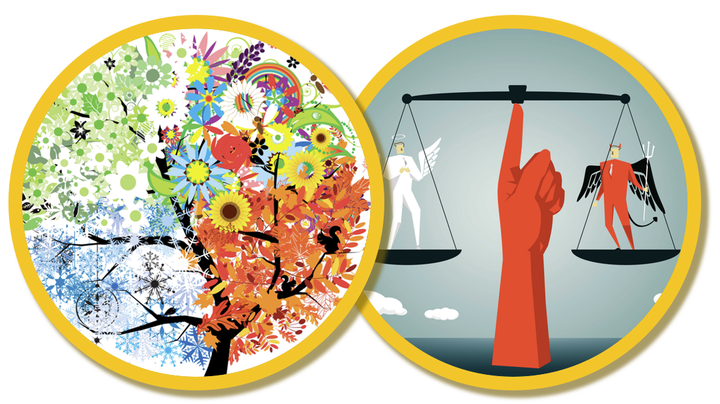Morality and Well-Being

What Are the Psychological Connections Between Well-Being and Morality?
Well-being and morality are inextricably intertwined in philosophical theory. However, empirical work on the connections between well-being and morality is in its infancy, leaving many basic questions unanswered. For example, is a life that is good for oneself also one that is good for others, or is there a tradeoff between well-being and morality?
To circumvent the limitations of self-reported measures of morality, my first project in this research program used reputation-based measures of moral character. Across three studies, we found that moral people tend to be happier (Sun et al., 2025, JPSP).
Current and future directions. In future studies, I will address questions of generality, mechanism, and causality. For example, is the association between well-being and morality stronger when “morality” is conceptualized in terms of widely accepted moral virtues (e.g., compassion, honesty, fairness), as opposed to less socially desirable moral philosophies (e.g., utilitarianism)? How much can the effect of morality on happiness be explained by general (e.g., moral people are liked and respected by others) vs. virtue-specific (e.g., honest people avoid the stress of concealment; compassionate people feel a “warm glow” after helping others) mechanisms? Finally, would people be happier if they became more moral (and vice versa)?